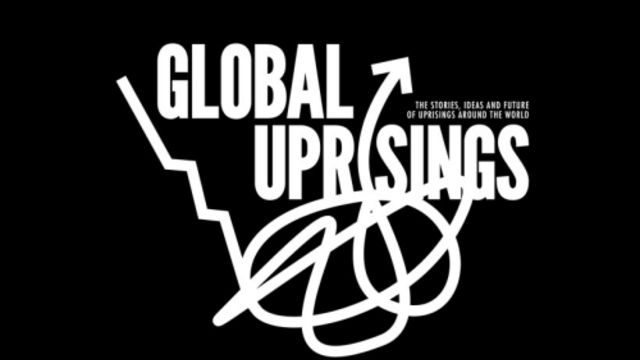make world paper 3
Two years after 911 the global cup looks both half full and half empty. It's hard to be optimistic, yet there are plenty of reasons for it. With the Bush-Blair war machine running out of steam, the movement of movements shifts its attention to alternatives for the WTO, Security Council and similar post-democratic bodies. In the moral desert of the Iraq War the structuration of imaginary consent through the repetitive bombardment of the image began to show severe cracks in credibility. These discrepancies within the represented result in a heightened need for action. The Iraq war didn't fool any one and both sides are still reeling a little from the shock. While maintaining their anger, people moved on from protest to a collective search for that other, possible world. What might a global democracy look like? Would it be a system with representatives and 'rights,' or rather a dynamic set of events, without higher aims?
Read
